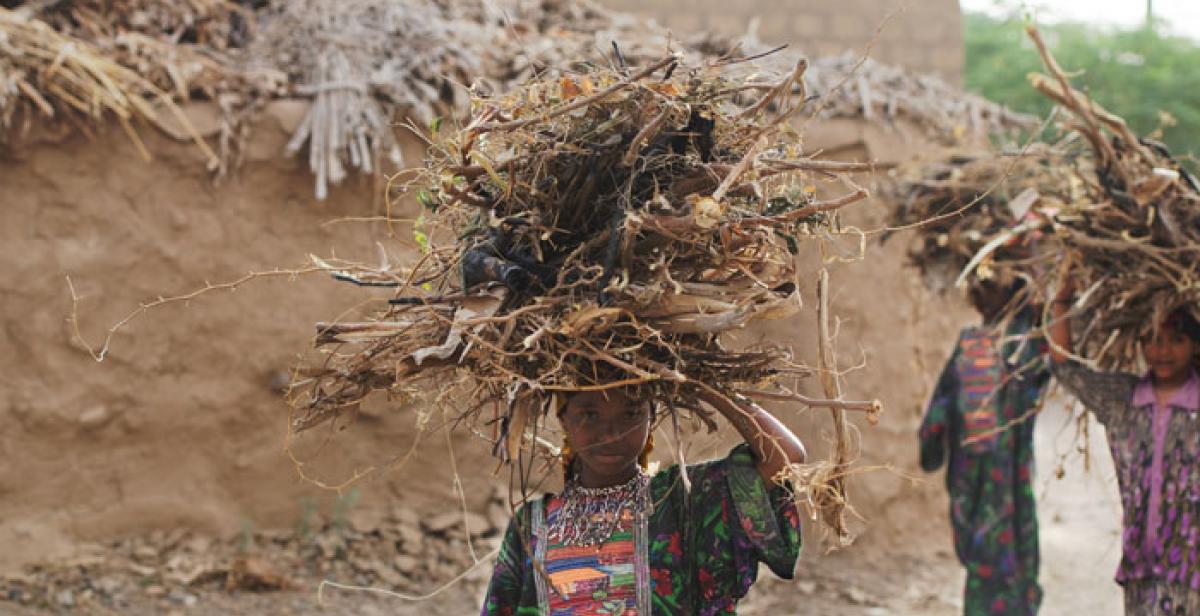As the conflict in Yemen shows no signs of abating, Progressio’s chief executive Mark Lister has become one of 11 development figures to call on the UN to push for a ceasefire.
The UN Security Council (SC) issued a resolution in April demanding an end to Yemeni violence, the outcome of a number of conflicts between political and religious groups.
But since then, the situation has only deteriorated, say the co-signatories. 2500 civilians have been killed, including more than 500 children. Saudi-led airstrikes have caused untold damage to civilian infrastructure, and an estimated 21.1 million people (80 percent of the population) require urgent humanitarian assistance.
Progressio was forced to suspend its work in Yemen in March after the situation became too dangerous for its programmes to run.
Abeer Al Absi, Progressio’s Yemen Country Representative says the need for the UN to call for a permanent ceasefire, without preconditions, is vital at this “catastrophic” time.
“Peace talks has to be kicked off with a serious commitment from all the different parties to seek permanent ceasefire and reconciliations,” she says. “People can no longer endure the humanitarian crisis. They have lost their income sources; they have no security, health systems have collapsed, and there is a food shortage because of the blockade."
“Yemeni people do not deserve this ugly war, they need to live in peace and human dignity.”
Recently, one of the main parties involved in the conflict, the Houthis, signalled their willingness to go ahead with the resolution and the peace plan brokered by the UN Special Envoy to Yemen earlier this year.
Mark and others are now urging the SC to grasp this opportunity to press the warring parties towards a ceasefire, so that “meaningful peace talks” can begin and much-needed humanitarian aid can to be delivered. The letter also calls on the UN to create an independent monitoring body to investigate abuses by all sides of the conflict.
Progressio has a long-standing relationship with Yemen, where it has been working since 1974. Until forced to withdraw it was running several programmes aimed at HIV prevention and women’s civil empowerment
The full letter, cosigned by 11 organisations including Oxfam and War Child, can be viewed here.
Standing alongside the Yemini people is more crucial now than it has been at any time, and it will be even more significant when the fighting is over and local people work towards a stable country.



